This website is made possible by readers. I may earn a small commission when you buy through the links in this article at no extra cost to you. Learn more.
While researching options for a domain name, I ventured dangerously into the world of Japanese slang words. Here are some pretty interesting slang words, most of which ignited by popular culture. So obscure are these, that most are no longer in use. Original article from here.
1.Ketchup Face (ケチャップ顔, ketchapu kao)

Ketchup Face is in between Soy Sauce Face (Fig.1) and Sauce Face (Fig.2)
This term is used to refer to guys with a certain face shape and features that originated from a Japanese music group, Shounentai, which started tagging their members' facial shape to different sauces. It started with group member, Noriyuki Higashiyama, who was known as having a Soy Sauce Face, which led to his group mate, Kazukiyo Nishikiori, to be tagged with a Sauce Face and the remaining member, Katsuhide Uekusa, to be tagged as Ketchup Face. Ketchup Face is the face shape between Soy Sauce Face and Sauce Face.
However, since Ketchup Face is a little too ambiguous as a descriptive term, it quickly became less popular compared to Sauce Face and Soy Sauce Face soon after it started.
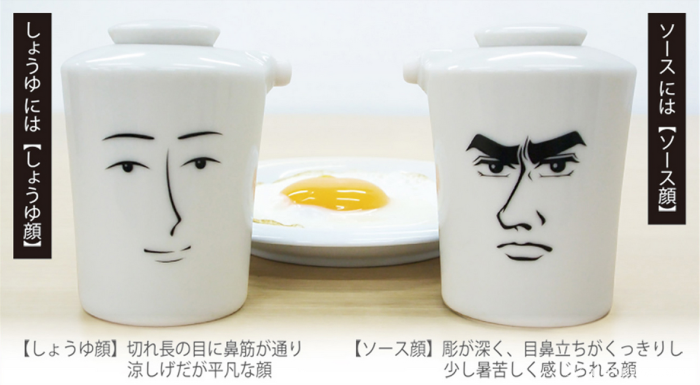
The inevitable: Sauce (Face) and Shoyu (Face) Dispencers (from Rakuten)
2.Bell Sasa (ベルサッサ, beiru sassa)
The term, which became popular in the late 1980s, refers to a person who goes home promptly at the sound of the bell. It can also be used for those who head straight for the playground to play or rush to buy their bread immediately after the bell rings. Apart from students, it can also refer to employees leaving on the dot after their work hours.
3.Ears Ga Dumbo (耳がダンボ, mimi ga danbo)
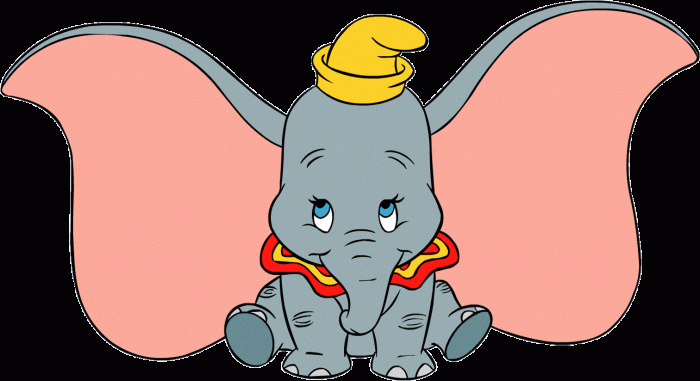
Dumbo is an elephant character in a 1941 Disney film who could use his ears to fly. In the movie, when Dumbo is listening carefully, his ears perks up and are drawn bigger. The term means to listen carefully and attentively. It's often used without the “ga” and shortened to just “mimi dumbo”. It's also often used as an intransitive verb (kami wo dumbo ni suru, 耳をダンボにする).
4.Uniru (ウニる, uniru)
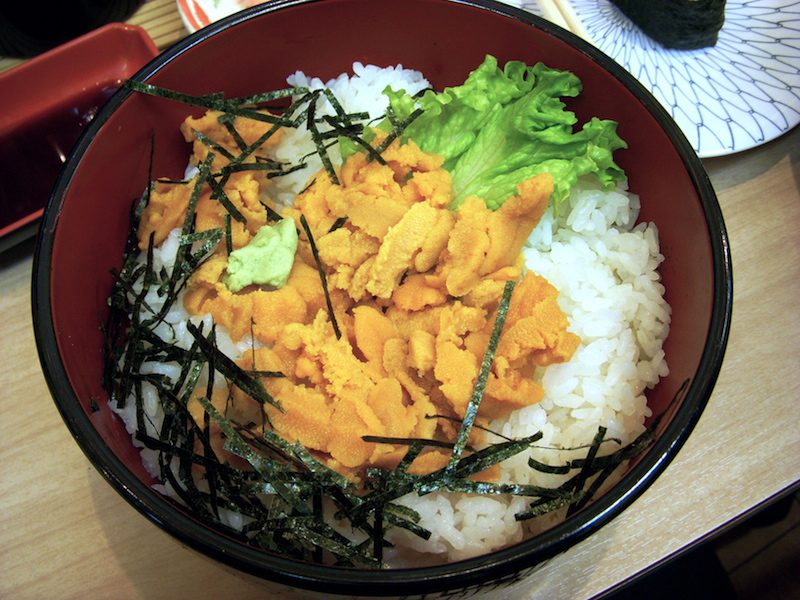
Uni is the Japanese word for the sea urchin, often used as toppings for sushi or rice bowls. Because of it's mushy texture, it's used to refer to when one's head is in a confused and messy state, or in a mush. It's can be used like, “My head is uni. (atama ga uni, 頭がウニ)”. At times, uni can also be used to refer to people who are in a state of confusion.
5.Katori Senkou (可取り専攻)
The term originally means using mosquito coils to kill the bloodsuckers. Like a mosquito flying dangerously close to a coil that could kill it, the term was widely used in the 1980s to refer to one getting a barely passing score or barely acceptable grade, thus treading a dangerous line between success and failure. At times, it is also used in a positive tone, like acknowledging someone getting a passing grade. However, this term is no longer being used at all.
6.One Yen Ugly (一円玉ブス, ichi yen tama busu)
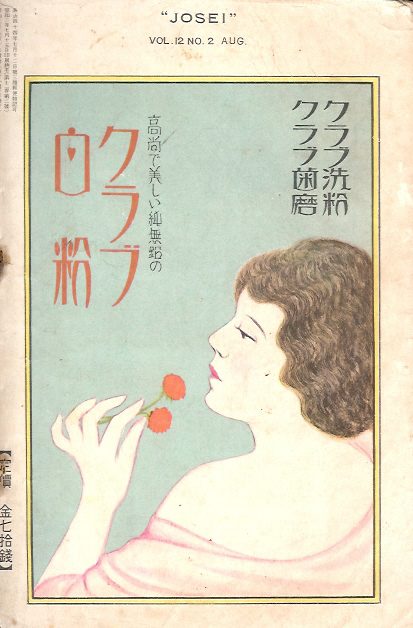
This term is a harsh way to refer to an ugly girl. It simply means that with just a single yen, you can get the girl with a face like that. Sometimes, “これ以上崩しようのないブス, kore ijou kuzushiyou no nai busu” is also used, which loosely translate to, I wouldn't pay any more than this for such an ugly girl.
7.Japayuki-san (ジャパゆきさん)
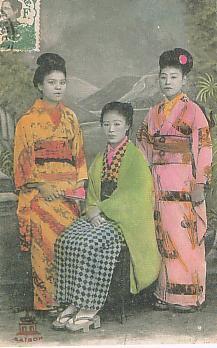
Image from Wikipedia.
8.Oshin (おしん)
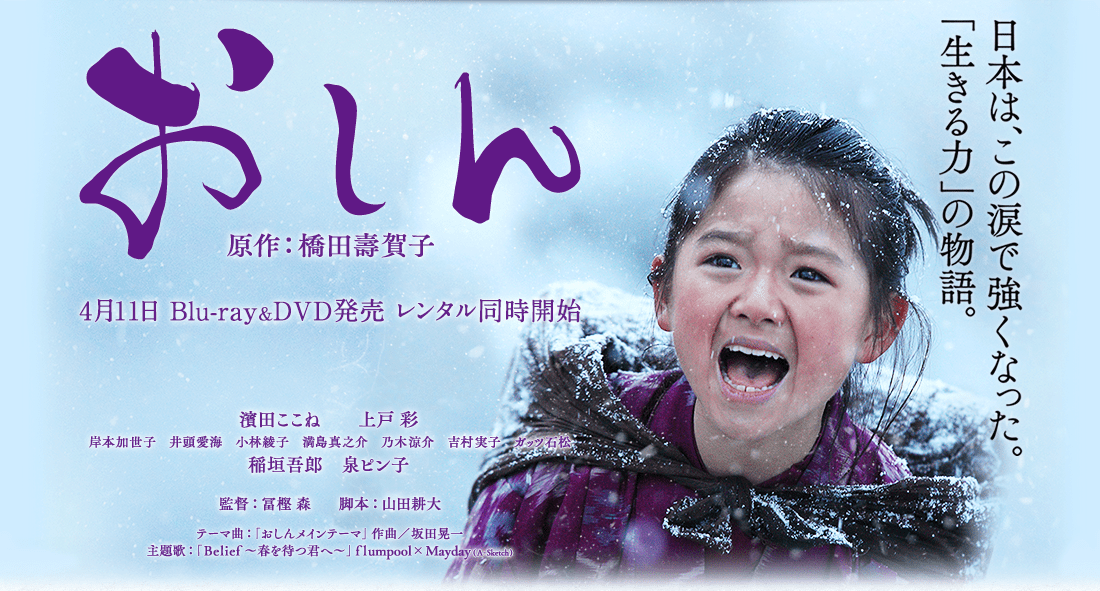
Oshin means to continue to endure. The term debuted in April of 1983 in a NHK drama that received more than 60% approval ratings, as the name of the protagonist of the show. In the drama series, Oshin lived life in poverty and went through hardships after hardships to finally overcoming them. That's when the term was popularized in a period known as the Oshin Boom. It is also often used as an intransitive verb, like “do Oshin (oshin suru, おしんする)”
This used to be an ad.
But no one likes ads, so I got rid of them. If my articles helped you, I ask for your support so I can continue to provide unbiased reviews and recommendations. Every cent donated through Patreon will go into improving the quality of this site.
9.Hamachiko (はまちっ子)

Hamachi is the name of the growth process of the Japanese amberjack fish and the “ko” is derived from furiko, which refers to a cutesy girl. But because furiko carries an adult connotation, hamachiko is the kiddy version of the word. However, sometimes abbreviated as just “hamachi“, hamachi carries the same adult connotation as furiko.
However, unlike furiko, the terms hamachi and hamachiko are no longer used in recent years.
10.Non-gay (ノンケ, non ge)
It simply refers to a heterosexual person. Using non-gay, it's a deliberate attempt to distant oneself from being identified as a homosexual male. It can also be understood if it's written as “non ki (non 気)”, with ki meaning feeling or vibe. It is often used as “sono ki ga nai (その気がない)” which translates to “no such feeling”. So in the sense of this term, not having feelings towards homosexual men means being heterosexual.
There you have it. Hope you enjoyed these 10 slang phrases that probably even your Japanese friends wouldn't know!
Featured image from here.